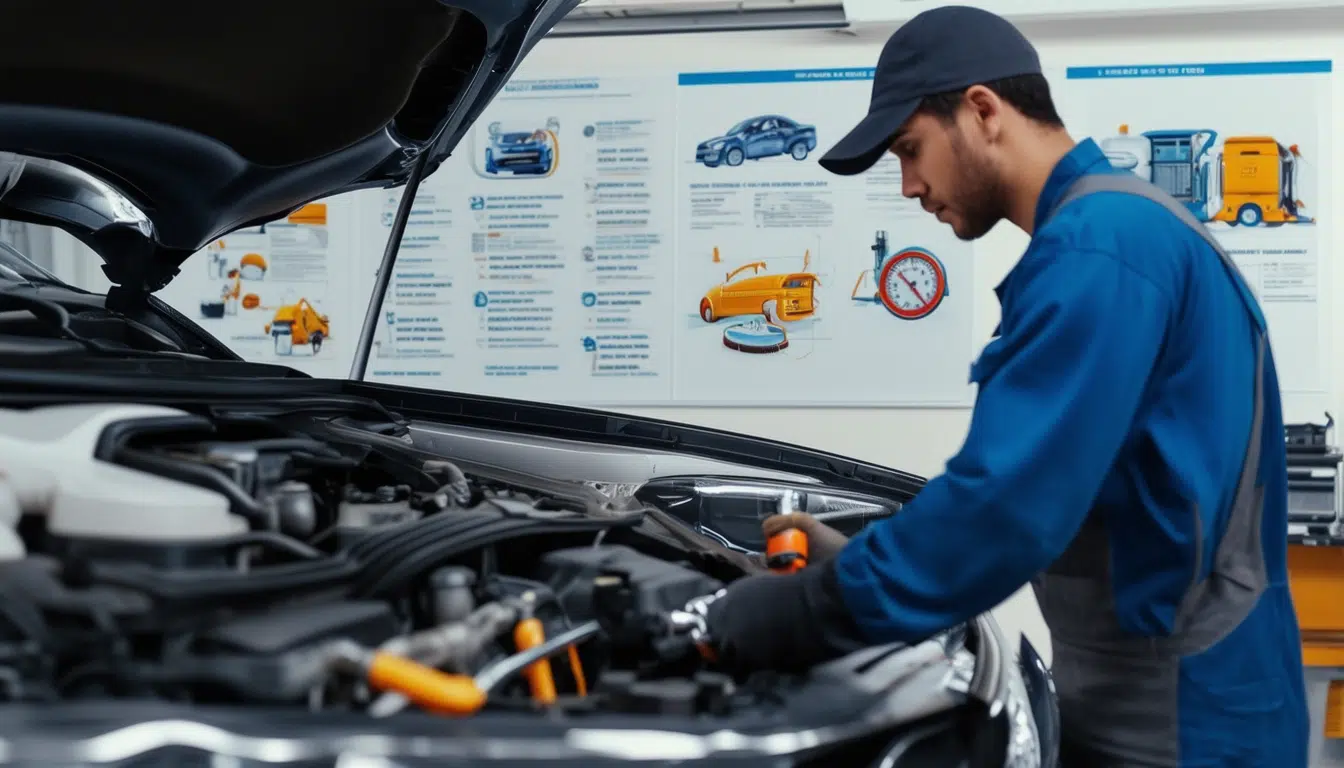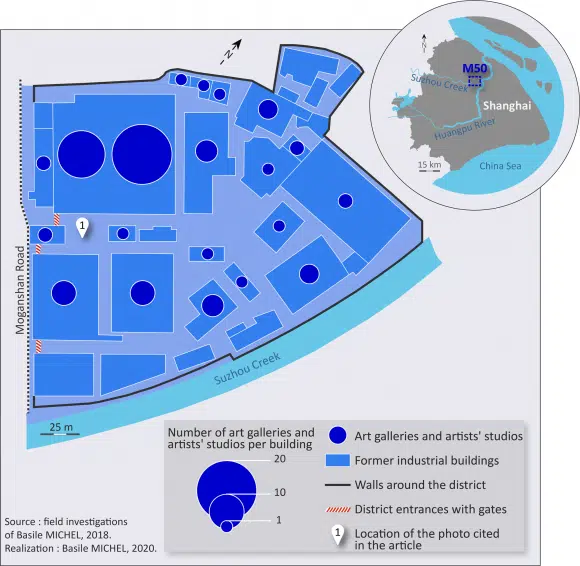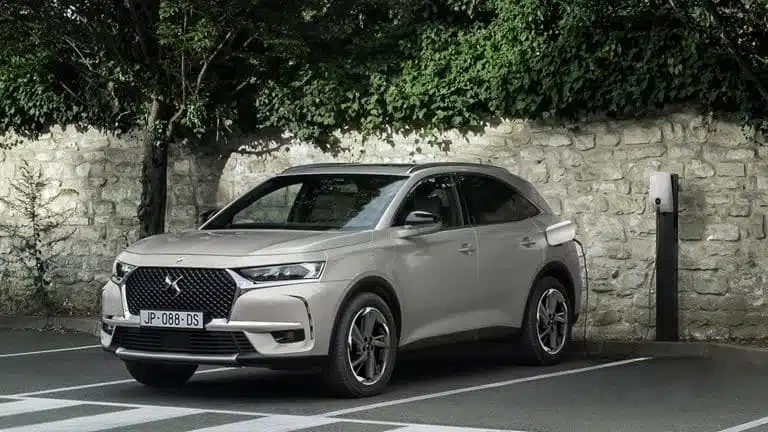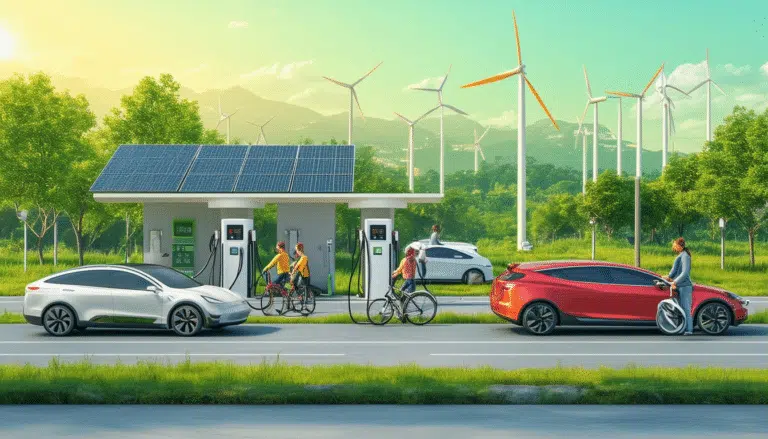Complete guide for maintenance that minimizes fuel consumption

Proper maintenance of a vehicle is essential to ensure its efficiency and reduce fuel consumption. The adoption of preventive maintenance practices, such as checking the pressure of tires, performing regular oil changes, and keeping the fuel system in good condition, can make a significant difference in consumption. Additionally, a smoother and more planned driving style not only improves engine efficiency but also helps extend the vehicle’s lifespan. This guide will provide practical tips and effective strategies to reduce fuel consumption and ensure more economical driving.
Proper maintenance of a vehicle plays a crucial role in reducing fuel consumption. Implementing preventive maintenance strategies not only enhances engine efficiency but also extends the life of the car. Below, you will find tips and effective practices that will help optimize your vehicle’s performance while minimizing fuel consumption.
Driving Style
A smoother driving style is fundamental to improving fuel efficiency. Avoiding sudden accelerations and braking can make a significant difference in gasoline consumption. Maintaining a steady speed and using cruise control on long trips contributes to more efficient driving. Establishing a rhythm that favors planning for stops and accelerations will yield economic benefits as well as reduced wear on the vehicle.
Fuel System Maintenance
To ensure proper functioning of the fuel system, it is essential to conduct regular inspections. Using quality fuels and regularly replacing fuel filters are actions that enhance engine performance and, therefore, fuel consumption. Additionally, keeping the injection system clean promotes more efficient combustion, reducing fuel expenses. For more details on this topic, you can consult this link.
Tire Maintenance
Correctly inflated tires are key to efficient driving. Inadequate tire pressure can increase rolling resistance, which raises fuel consumption. It is recommended to check tire pressure at least once a month and keep it at the level advised by the manufacturer. Additionally, it’s wise to perform alignments and balance regularly to ensure even wear and optimal functioning.
Oil and Filter Change
Changing oil and air filters should be done regularly, following the manufacturer’s guidelines. Quality oil will not only lubricate the engine effectively but will also contribute to better efficiency. Likewise, clean air filters guarantee proper airflow, resulting in an optimal mixture of air and fuel, improving engine performance and decreasing gasoline consumption.
Weight Reduction and Unnecessary Load
Removing unnecessary weight from the vehicle can have a considerable impact on fuel consumption. Every additional kilogram forces the engine to work harder, increasing expenses. It is advisable to check the contents of the trunk and get rid of items that are not necessary. Furthermore, it’s suggested not to overload the vehicle, as this also negatively influences fuel efficiency.
Route Planning
Route planning can make a significant difference in gasoline consumption. Avoiding traffic jams and choosing routes that allow for a steady speed saves fuel. Utilizing applications that offer optimal routes and the option to avoid traffic can make each trip more economical. Additionally, limiting idling time can significantly reduce expenses.
Weather Impact
The weather can also affect fuel expenses. In extreme weather conditions, such as extreme cold or intense heat, it should be noted that the engine may require more energy to operate efficiently. Adjusting the use of air conditioning and heating, as well as parking the vehicle in protected areas, can contribute to lower consumption. To learn more about how weather impacts fuel consumption, visit this link.
Regular Maintenance
Implementing regular maintenance is key to optimizing fuel consumption. Scheduling periodic inspections with a trusted mechanic can prevent major issues and ensure that every component of the vehicle is functioning correctly. This way, the vehicle’s energy efficiency is maximized and fuel costs are minimized, ensuring a more responsible and economical driving experience. For more information on the importance of maintenance, you can consult this link.
Conclusions
By following these practices and tips, it is possible to achieve maintenance that not only improves the vehicle’s efficiency but also significantly reduces fuel expenses. Adopting a proactive approach to car care is essential for achieving more economical and sustainable driving.
The importance of adequate preventive maintenance cannot be underestimated when it comes to reducing fuel expenses in your vehicle. Adopting a smoother driving style that avoids sudden accelerations and emergency braking is essential for improving fuel efficiency. By doing so, the vehicle’s lifespan is extended, and the costs associated with gasoline consumption are minimized.
In addition to an efficient driving style, it is crucial to stay up to date with regular maintenance of the fuel system. Conducting periodic inspections, using quality fuels, and changing air and fuel filters at regular intervals are fundamental steps. Properly inflating the tires, along with scheduled oil changes, also significantly contributes to improving engine performance and saving fuel.
Planning driving routes and avoiding unnecessary trips can help reduce excessive gasoline use. Being aware of the vehicle’s weight is equally important; removing unnecessary weight from the trunk can make a noticeable difference in efficiency. Every small change in driving habits and maintenance can lead to considerable savings in the long run.
Finally, using technologies like cruise control and navigation systems that optimize routes can further enhance fuel performance. The combination of these maintenance tips and driving techniques will not only help reduce expenses but also enhance sustainability and energy efficiency, which are key aspects in today’s automotive context. Staying informed and applying these principles is essential for any driver who wishes to optimize the use and performance of their vehicle.




